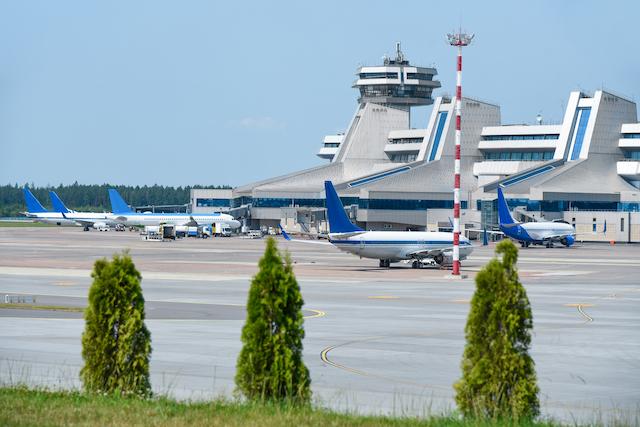
Credit: Aliaksandr Bukatsich/Getty_Images
South Korea and Indonesia have reached an agreement to allow airlines to freely operate flights between several regional airports as part of efforts to increase connectivity between two of Asia’s largest aviation markets. The move follows the latest round of talks between South Korea’s Ministry of...
Subscription Required
This content requires a subscription to one of the Aviation Week Intelligence Network (AWIN) bundles.
Schedule a demo today to find out how you can access this content and similar content related to your area of the global aviation industry.
Already an AWIN subscriber? Login
Did you know? Aviation Week has won top honors multiple times in the Jesse H. Neal National Business Journalism Awards, the business-to-business media equivalent of the Pulitzer Prizes.





